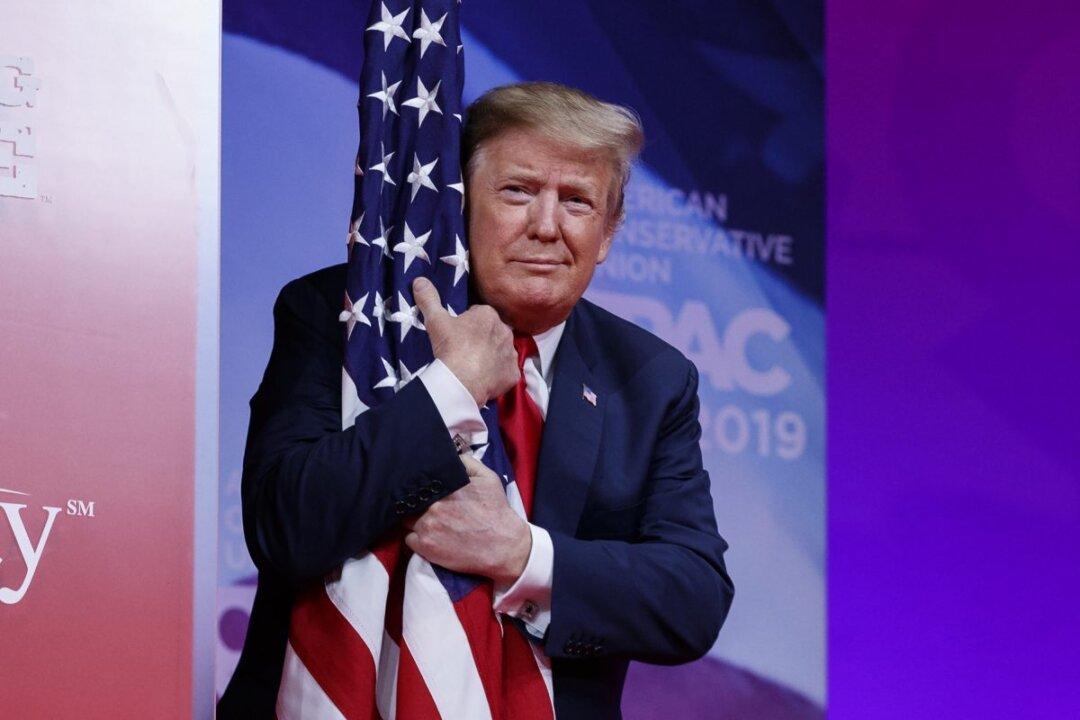Commentary
A good friend amusingly described President Donald Trump as “the mouth that roared,” attempting to define him as ineffectual. But he’s the farthest thing from that.


A good friend amusingly described President Donald Trump as “the mouth that roared,” attempting to define him as ineffectual. But he’s the farthest thing from that.